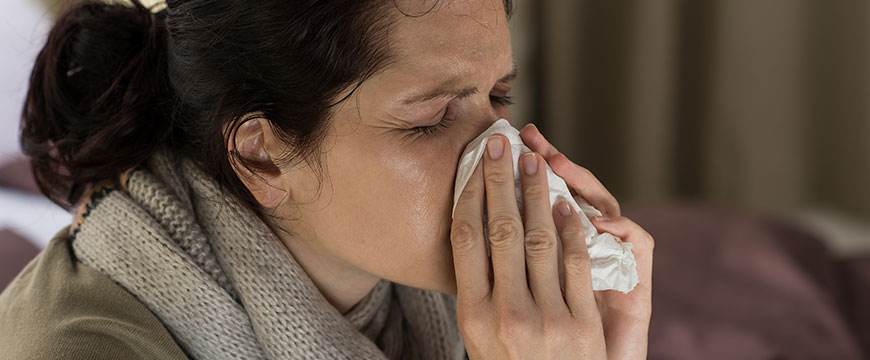
The control of asthma and allergy starts at home. A lot of people who have allergies stay in their homes when the outdoor air has a lot of spores and pollen. However, dust mites, animal dander, and cockroaches can cause problems indoors. If you want to reduce indoor air pollution, you need to have adequate ventilation, control pollution sources and clean your indoor air.
After you see an allergy specialist, you should also do your part by controlling indoor allergens in your home. If you want to know what to do so that the allergens in your home are kept at bay, this article is going to give you what you need. Read on to know more.
Control Dust Mites
Keep surfaces in your home clean and uncluttered. The best ones are bare walls and floors, specifically the one in your bedroom where you spend most of your nights. If you have a carpet, throw rugs that are washable or low-pile carpets are even better.
The most important method is to put zippered allergen impermeable or pillow covers, box springs, and mattresses. Encased mattresses work better compared to air cleaners in order to reduce allergy symptoms. You should wash your bedding, uncovered pillows, and stuffed toys every week in hot water.
If you are turning on the heat, allergens such as pet dander and dust are lurking in the air ducts. It is recommended that you use a high-efficiency furnace filter to lessen indoor allergens that circulate in your home. It is recommended that you immediately change your filters every 90 days. You should start to change it with the seasons so that you can remember.
Limit How Much Pollen Goes Inside Your Home
You should ask as much, to keep your window closed if you require air conditioning to keep pollen from being blown inside your home. Remember to take off your shoes outside, or put a mat outside the door so you can wipe dirt off your feet. When you keep temperatures inside cool is also helpful in preventing humidity. This creates the best environment for dust mites and mold.
Clean Your House Regularly
Vacuuming your home with a HEPA filter weekly will also cut down allergens indoors like pet dander and dust mites. When you dust around your knick-knacks and books, you should use electrostatic cloth or microfiber that holds dust instead of only moving it around. As you dust and vacuum, dust is going to get stirred up in the air, so if you are allergic, you can use an N95 filter mask while you clean.
When it is possible, you should use wall-to-wall carpeting, even in the bedrooms. Hardwood floors become easier to clean because you can see the dust while cleaning. However, you can use washable area rugs as well to cut down allergens.
Avoid Any Mold Spores
You should reduce moisture around your bathroom, kitchen, and other water areas in your home. Dehumidifiers are also helpful in reducing dust mites and mold. You should limit yourself to a couple of house plants. You should fix every leak and other cause of the damp areas in your home. Clean the moldy surfaces. Get rid of the moldy firewood, and piles of weeds and leaves.
Keep the Cockroaches Controlled
You should not leave any garbage or food uncovered. You should use boric acid, poison baits, and traps instead of chemical agents that will irritate your rhinitis and/or trigger asthma.
If you cannot control indoor allergens, you can always contact the allergy doctor Manassas VA.








